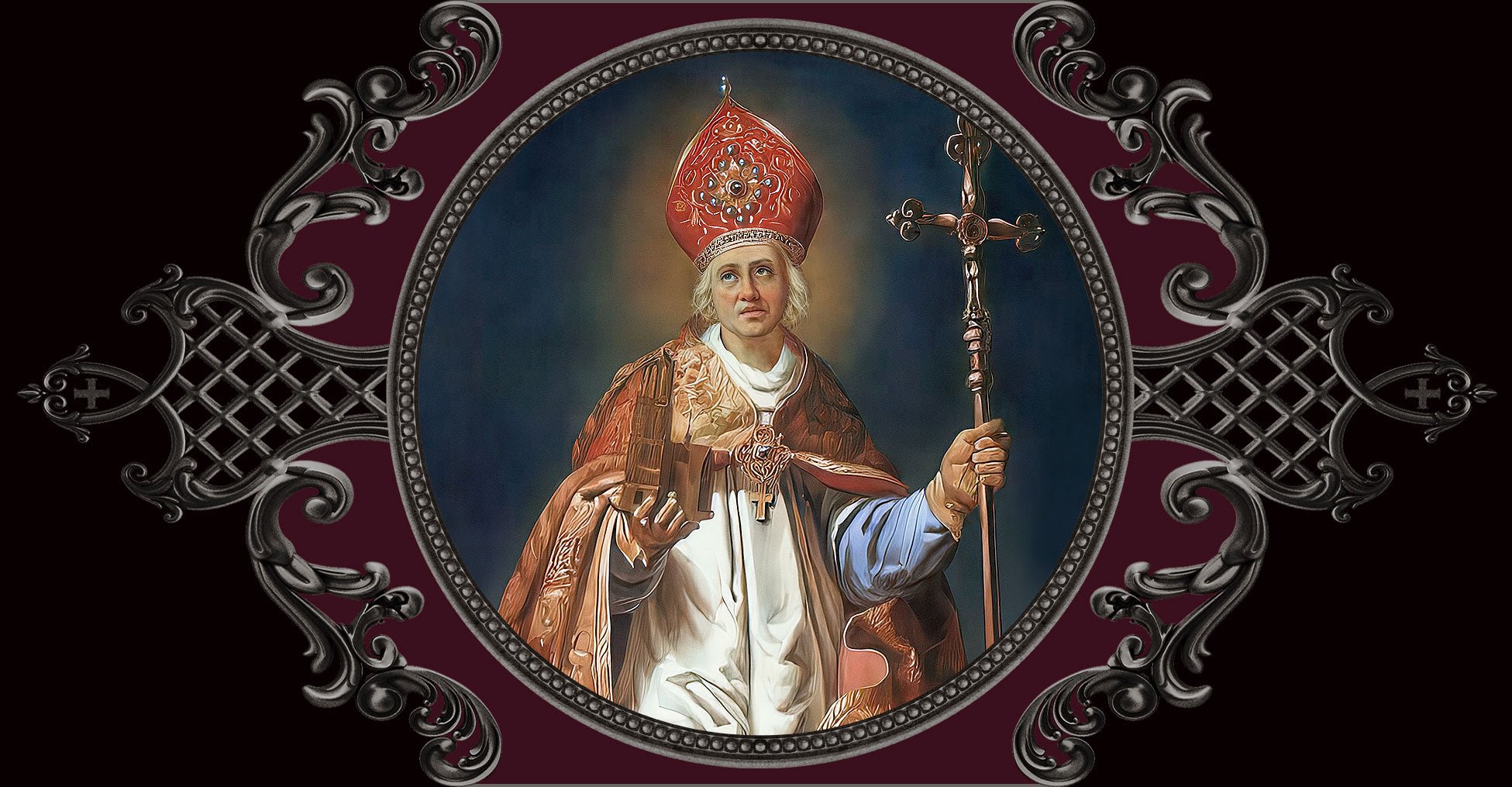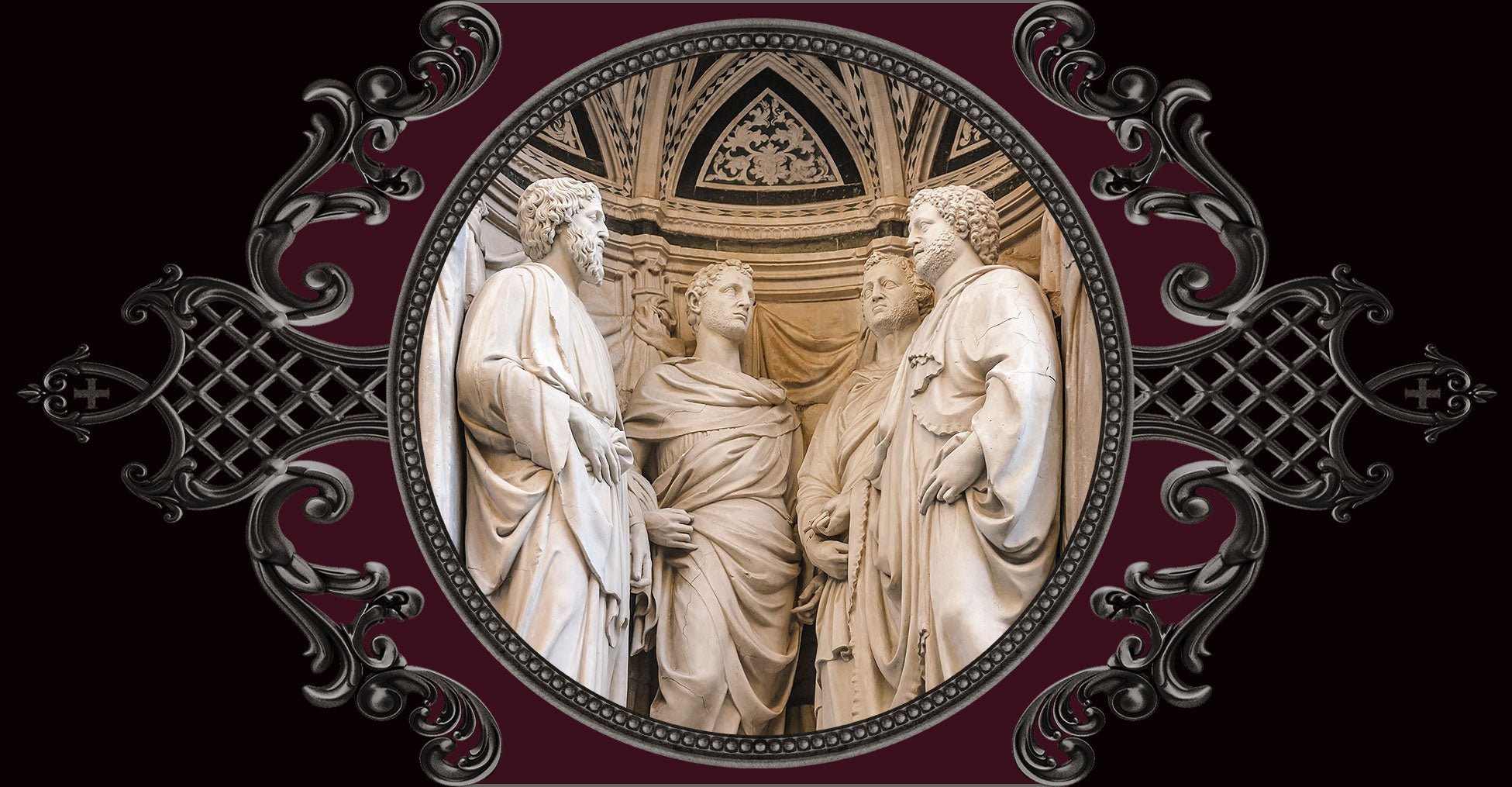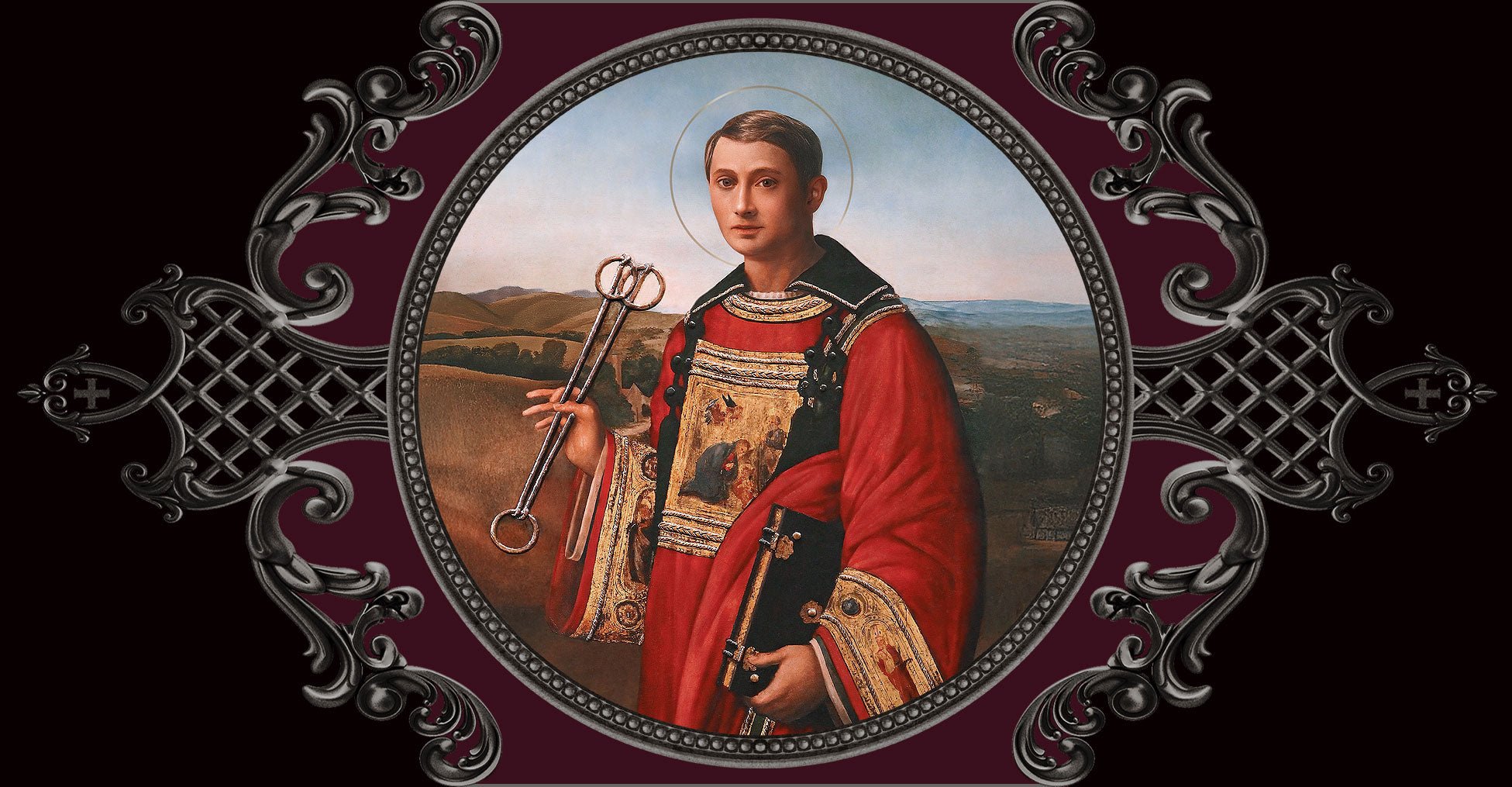
November 7 + Saint Willibrord
Born in Northumbria, England in 658, Willibrord studied at Ripon monastery under Saint Wilfrid and spent twelve years studying in Ireland at the abbey of Rathmelsigi under Saints Egbert and Wigbert. After receiving ordination and extensive training in the field of the missions, he set out about 690 with a dozen companions for Frisia, or Friesland.
In 693, he went to Rome to seek papal approval for his labors. Pope Sergius I gave his full approbation and, during Willibrord’s second Roman visit, the pontiff consecrated him archbishop to the Frisians with his see at Utrecht. In his work, Willibrord also received much support and encouragement from the Frankish leader Pepin of Heristal.
Willibrord founded the monastery of Echternach, Luxembourg, to serve as a center of missionary endeavors, and extended the efforts of missionaries into Denmark and Upper Friesland. He faced chronic dangers from outraged pagans, including one who nearly murdered him after he tore down a pagan idol. In 714, Duke Radbod reclaimed the extensive territories acquired by Pepin, and Willilbrord watched all of the progress he had made be virtually undone.
After Radbod’s death, Willibrord started over with great enthusiasm, receiving invaluable assistance from St. Boniface. Boniface joined Willibrord for three years before moving on further into Germany. Stories are told about Boniface and the cutting down the tree sacred to the god Thor to which people say is the origin of the Christmas tree.
Willibrord died in 739 while on retreat at Echternach, Luxembourg, a monastery that he had founded. For his efforts, he is called the Apostle of the Frisians. The ability of some saints to persevere in spite of serious setbacks is inspirational. Willibrord saw many of his accomplishments destroyed, and yet he persevered.



Leave a comment
This site is protected by hCaptcha and the hCaptcha Privacy Policy and Terms of Service apply.